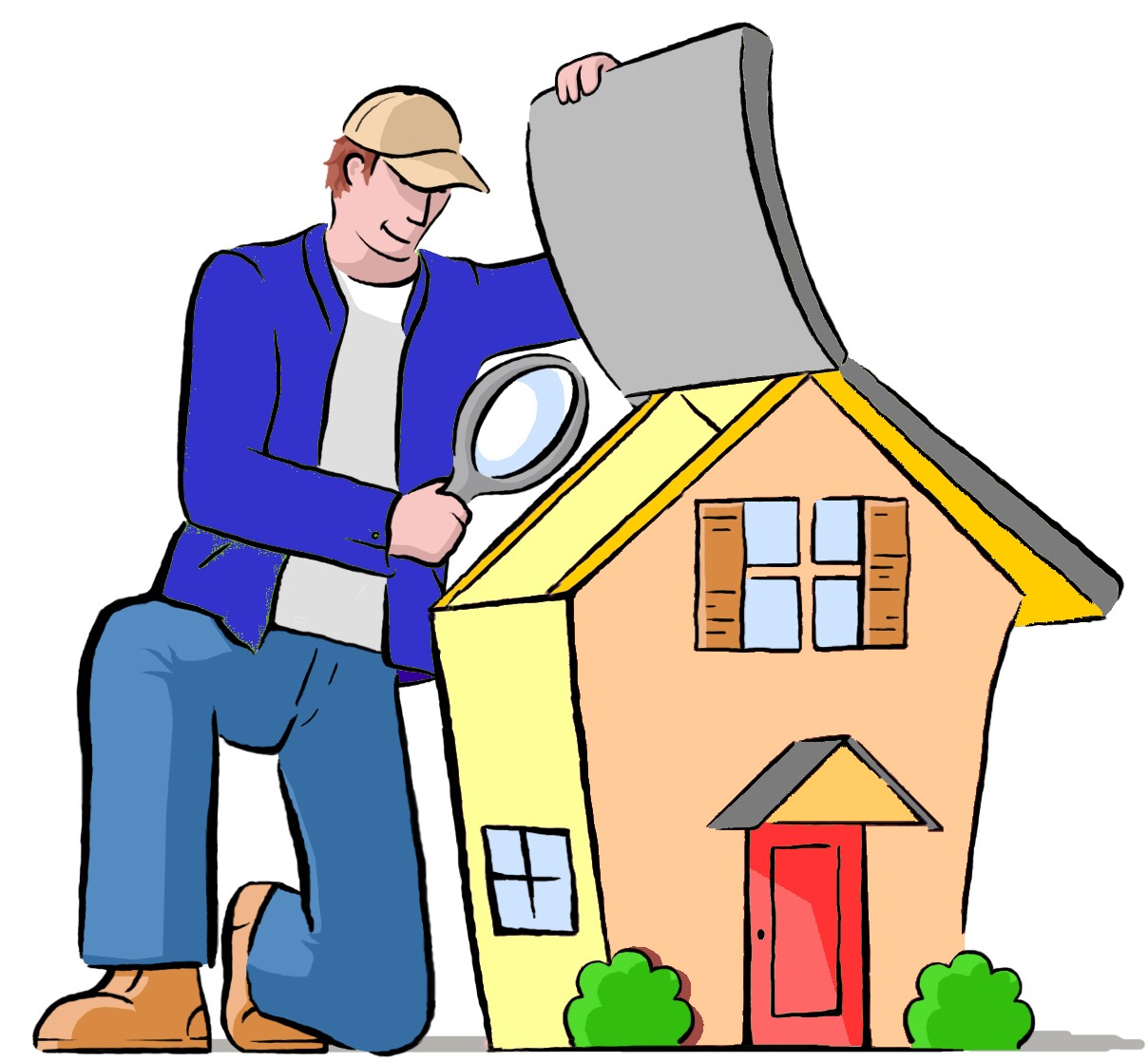To inspect or not to inspect…that is not the question.
There is no question. Every property should undergo a building inspection by a qualified Building Inspector and preferably prior to the real estate transaction becoming firm.
The start, this year has brought with it the same feverish buying activities for real estate that were experienced at the beginning of the previous eight years in central Toronto and neighbouring communities. In many cases, multiple offers are the order of the day and in order to be successful, building inspection conditions are often being removed.
Under such circumstances, consider having the property inspected prior to submitting your offer. This has become common practice and should be accepted by most Sellers. The risk is that you may be out of pocket by several hundred dollars if your offer was not accepted. A small price to pay particularly when purchasing a very old home.
There are really three major reasons for doing a building inspection on any home you are considering purchasing. The most obvious reason is to obtain a general report of the physical condition of the home and its major components. The second is to try and identify any major problem or condition that would require a substantial amount of money to remedy and therefore affect the value of the property. And finally, the building inspection, if suitably conducted, provides a refresher course for some and an important lesson for others, on how to properly maintain a home.
The inspection takes anywhere from two and a half to five hours depending on the size of the house. A written summary is usually provided including cost estimates for repair and maintenance items. It is strongly recommended that the purchaser(s) attend for the duration of the inspection as it is a valuable learning experience.
There is no such thing as a perfect house. Even brand new homes will require some attention. Testimony to this is the thirty and ninety-day inspections that Builders normally afford new home buyers to correct faults and blemishes in workmanship. The typical inspection will reveal an estimated average of two to three per cent of the value of the average home in deficiencies, mostly minor repairs and maintenance items.
Building inspections are not infallible. On reviewing the fine print in most contracts, you will likely accept amongst others, a clause denying liability on things that cannot be seen.
e.g. If the basement is finished and the inspector cannot examine the interior wall surface of the foundation, he likely will not guarantee that there are not any leaks.
This is when the experience and intuitiveness of the Inspector becomes paramount. A misdiagnosis is less likely with a thoroughly trained and experienced inspector.
There are unfortunately no Governing Authorities for building inspectors. There are self-managed associations but they are unregulated. Virtually anyone could take a couple of courses hang out a shingle and call himself a Building Inspector. Ask your Realtor for at least three inspectors, interview them and then make your decision.
Part of a good building inspection report includes estimates and tips on maintenance. I keep hearing that preventative medicine is gaining momentum. Well so should preventative maintenance be practised on one of your largest single investments. Recently one of the major building inspection companies published a report suggesting that considering the life cycle of every major component of a house, a reasonable annual estimate of the cost of normal maintenance is 1% of the value of the house. One year you might need to re-do the shingles on the roof; a few years later you may need a new Furnace and or Air-conditioning unit. Throw in that unexpected repair and you average 1% per year regardless of whether the house is valued at $300,000 or $900,000. If those Southern facing wooden window frames are starting to crack, have them professionally painted in the spring or summer. If you don’t and let the cracks deteriorate until the wood rots, you could end up having to replace the windows.
Your home is a large investment. The building inspection is the report card and insurance policy against the investment becoming the proverbial “Money Pit."
For more information on Building inspections and related real estate questions Follow this.
